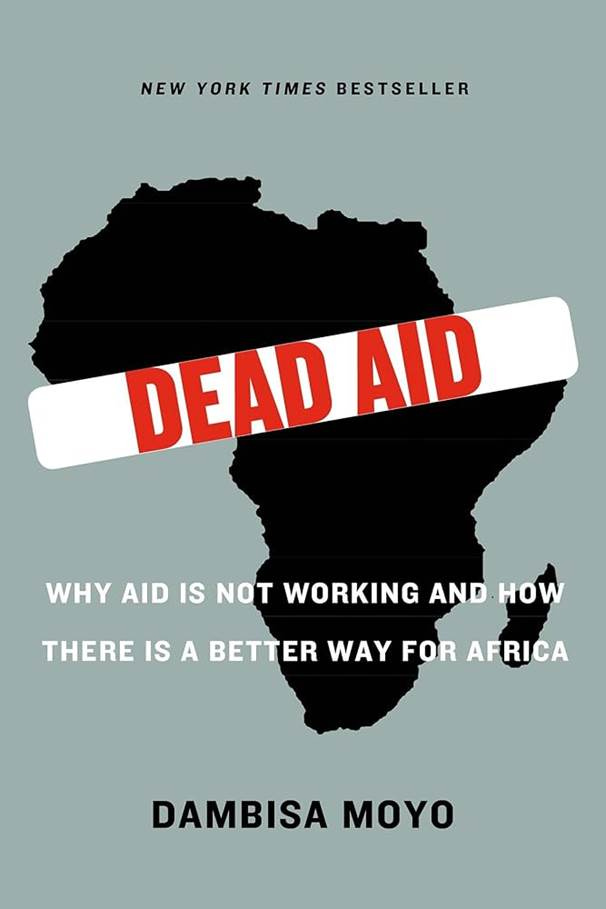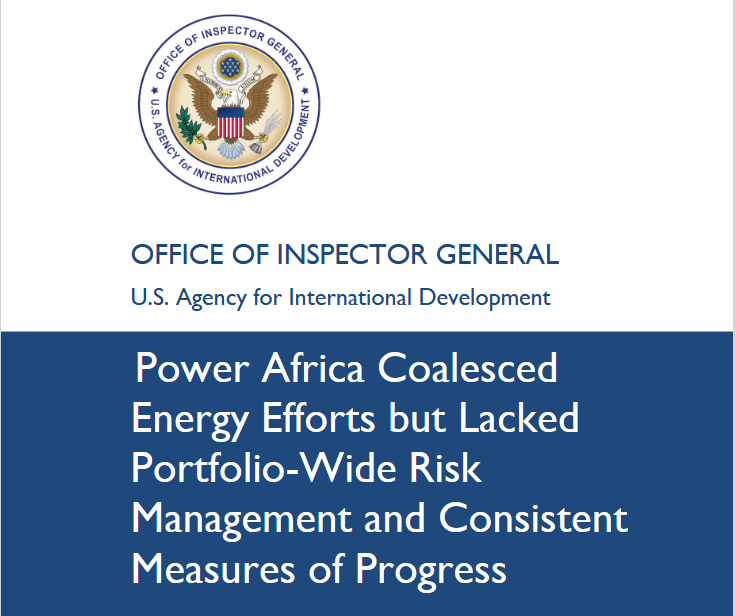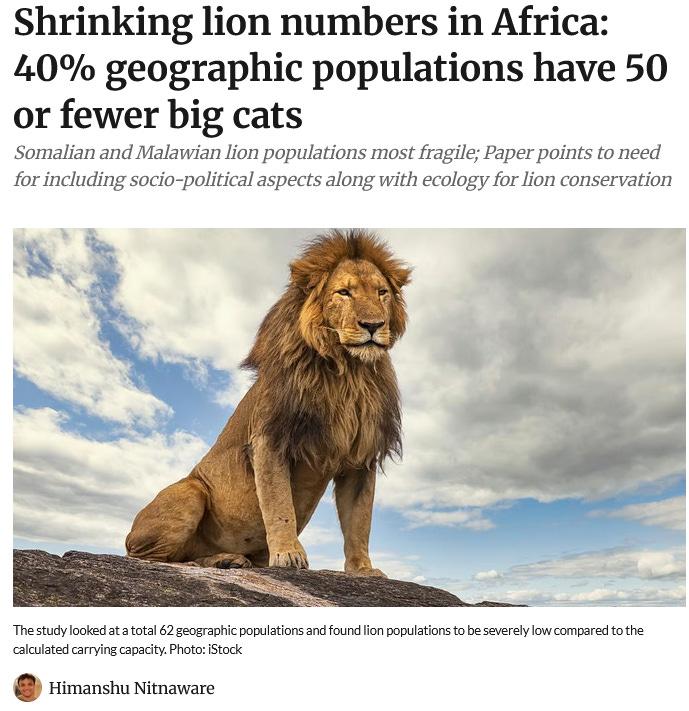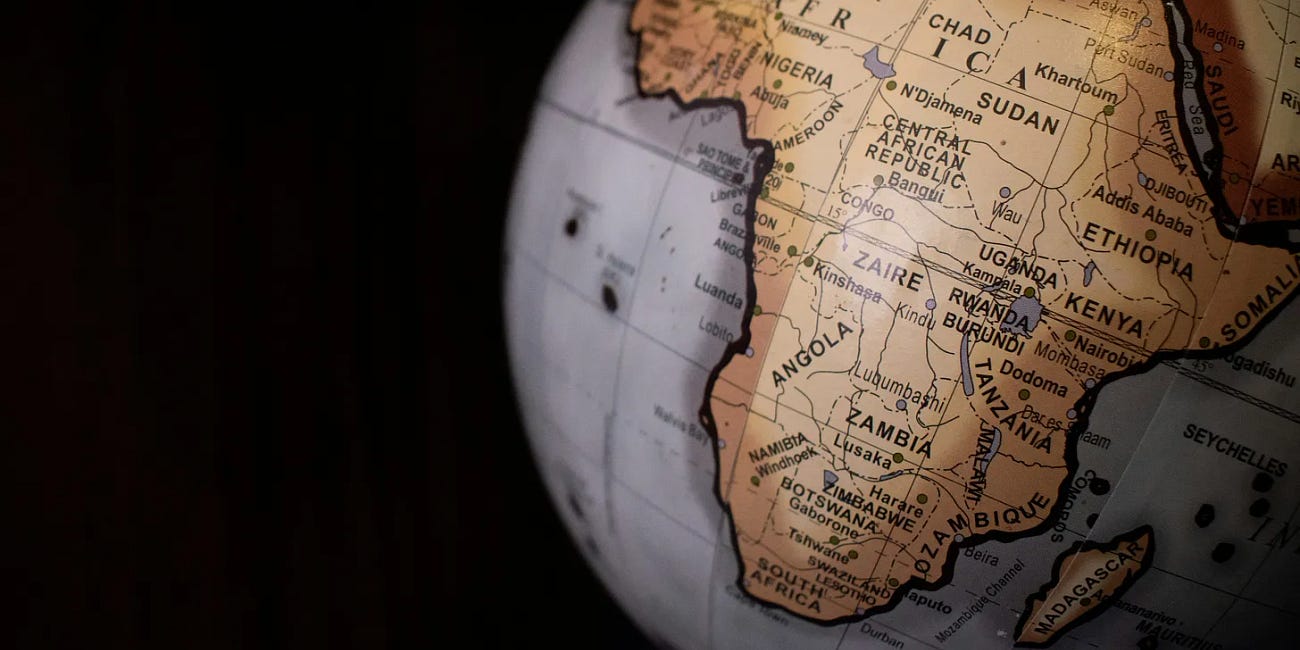The epigraph for this column comes out of Baroness Dambisa Moyo’s book Dead Aid: Why Aid is Not Working and How There is Another Way for Africa.
“Africa is addicted to aid. For the past sixty years it has been fed aid. Like any addict it needs and depends on its regular fix, finding it hard, if not impossible, to contemplate existence in an aid-less world. In Africa, the West has found its perfect client to deal to.”

I experienced a true thrill on March 8th when Mr. Chris Wright, the United States Secretary of Energy announced at the Powering Africa Summit that America would be changing its policies in Africa to allow our continent to develop its full range of energy resources. This development was also welcomed by the African Energy Chamber. Leftists—what I believe Americans call Liberals—are quite angry about this development and Politico has seen fit to chastise the Americans for a supposed “paradox” of cutting off aid to the African energy sector by dismantling Barack Obama’s Power Africa initiative at the same moment Mr. Chris Wright is proposing unleashing the private sector to fuel African energy growth.
Apparently they did not read the 2019 report [PDF] by the United States’s own Inspector General of the now defunct USAID that states Power Africa overstates its successes, measures conceptual projects as completed projects, and lacks proper risk management controls.

All while using American’s tax dollars, I might add.
As fellow African (born in Zambia, now in the UK House of Lords) Dambisa Moyo stated in her now famous worldwide book Dead Aid: Why Aid is Not Working and How There is a Better Way for Africa this continent must move beyond a reliance on Western tax dollars that undermine our domestic growth. Our leaders upon this continent are also addicted to the easy solution of Western aid and several have cried out as if struck by their mother’s hand. Other leaders such as Kenya’s former president Uhuru Kenyatta have said that this serves as a wake-up call for our continent.
Kenyatta said
“I saw some people the other day crying that Trump has removed funding. He is not giving us any more money … Why are you crying? It is not your government; it is not your country. He has no reason to give you anything. You don’t pay taxes in America. He’s appealing to his people. Okay, what are we going to do to help ourselves? … Nobody is going to continue holding out a hand there to give you. It is time for us to use our resources for the right things. We are the ones who are using them for the wrong things.”
The former president is correct, and I agree with his refusal to infantilise Africans as Western liberals have for decades. We must not only be allowed to stand on our own legs but to fall into the mud and learn the lessons that come from the bruised knee that comes with a fall. This continent has received more than 1.2 trillion American dollars since 1960, far more than the 200 billion American dollars spent on the Marshall Plan and yet Africa has made only incremental and unstable progress in our development. The cost of poverty in Africa has been astonishingly expensive!
In a great number of cases aid from the West and especially international institutions like the International Monetary Fund has come with restrictions that have restricted the economic autonomy of African governments and limited structured reforms in favor of Neo-liberal radicalism.
The result is more than 600 billion American dollars in external aid-related debt for Africa’s poorest countries.. These aid flows have made African leaders accountable not to African voters but instead to the institutions of global power that provide them with annual aid budgets and non-profit assistance.
There is also evidence that these large aid inflows that are from the West and usually prefer to purchase Western manufactured products undermine the manufacturing sector of the African continent. International NGOs and African governments receiving aid dollars buy manufactured products from non-African corporations and then import them into the continent thereby undercutting the potential for an African corporation to grow through providing local manufactured goods.
This Africa without aid is deeply connected also with my call for the African diaspora to return home and give their expertise to the continent so that we may develop faster on our own.
Finally, there is the necessary forcing of development in order to further reduce population growth on our continent. African cities are overcrowded to a desperate degree and 62% of urban Africans live in slums and the slash and burn lifestyle practiced in much of Africa is destroying our unique wildlife.

The modest development that has already taken place in Africa has contributed to lowering out of control fertility rates in my own country of Nigeria. The United Nations recently reduced predictions of our 2060 population by 100 million people. In additional consideration 2019 predictions that Africa would have 4.2 billion humans by 2100 have now been reduced to 3.4 billion by the United Nations.
This may seem like an odd desire but from an African perspective we will never be able to provide services necessary or clear sprawling slums if our population growth so outpaces our ability to develop. An ability currently kept hindered by Western foreign aid dollars. This is also a position held commonly across Africa. In 2017 the governments of West Africa met and agreed to attempt to lower our population growth by half.
The end of Western foreign aid will certainly come with some pains but I want my continent to be able to weather storms with a stable internal market and the ability to provide for itself. It is not the job of Western taxpayers to eternally fund a global charity network for Africa. I also do not find much self-respect in looking at my country’s balance sheet and seeing the billions in foreign aid monies that we require.

